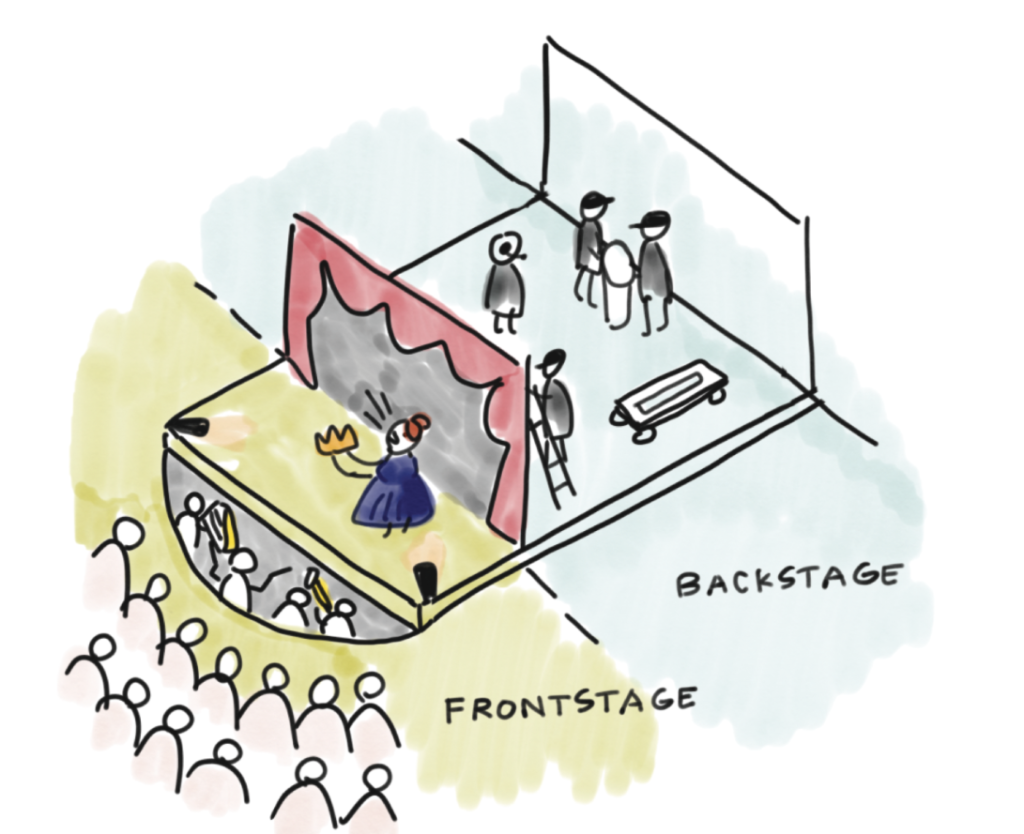I’m sure more than one person has heard the story of a sailing ship being repaired so meticulously that when its sails were torn, the workers replaced them with new sails; when its decks were damp, the workers replaced them with new planks; and even at the end of the day, the ship’s keel was replaced. So the question was raised: is the ship still the same as it once was?
This is a philosophical question that is very worthy of people’s deep thoughts. This interesting theory has been and is used many times in real life: in science fiction, for example, people achieve body swapping or travelling to another reality through advanced technology. If a character’s physical form or memories change, they may struggle with whether they are still themselves. This concept can create compelling and thought-provoking storylines.
In life, we also often behave differently in different situations, presenting different selves. This is known academically as ‘front stage and backstage’. The concept was developed by sociologist Erving Goffman in The Presentation of Self in Everyday Life, published in 1959. In the book, Goffman uses the metaphor of theatre production to provide a way of understanding human interaction and behaviour. That is, we are thoughtful about what and how we present ourselves to people. People try to do things that are acceptable to the public (e.g., thinking more rationally than emotionally) to gain acceptance.

The routines of people’s daily lives – commuting to work, shopping, eating out, attending cultural exhibitions or performances – all fall into the category of foreground behaviour. People ‘perform’ with others around them, following familiar rules and expectations about what they should do and talk to each other in each setting. People also engage in foreground behaviours in less public places, such as colleagues at work and students in the classroom. But the truth is that we may not be our public-facing selves: perhaps we enjoy the time when we are alone and can do what we want to do without interruption; but we are pressured by our friends and family to spend time socialising (and perhaps we don’t always enjoy loud environments and frantic entertainment). This is when people have to take out their “front of the stage” to deal with these situations.




Hello, ZhaoLong,
In this blog of yours, you describe to us the difference between the roles of each of us in our social life and, in the virtual world of the internet. The interchange of roles in front of and behind the stage enables us to present ourselves in different scenarios facing different occasions in a way that we are most satisfied with. The philosophical stories and films you have illustrated this by giving examples of how we are alone in the background, but respond to social and entertainment exchanges in the foreground. This is an excellent piece of blogging in my opinion, but it would be even better if academic theories such as Goffman’s were explored further in the articles!